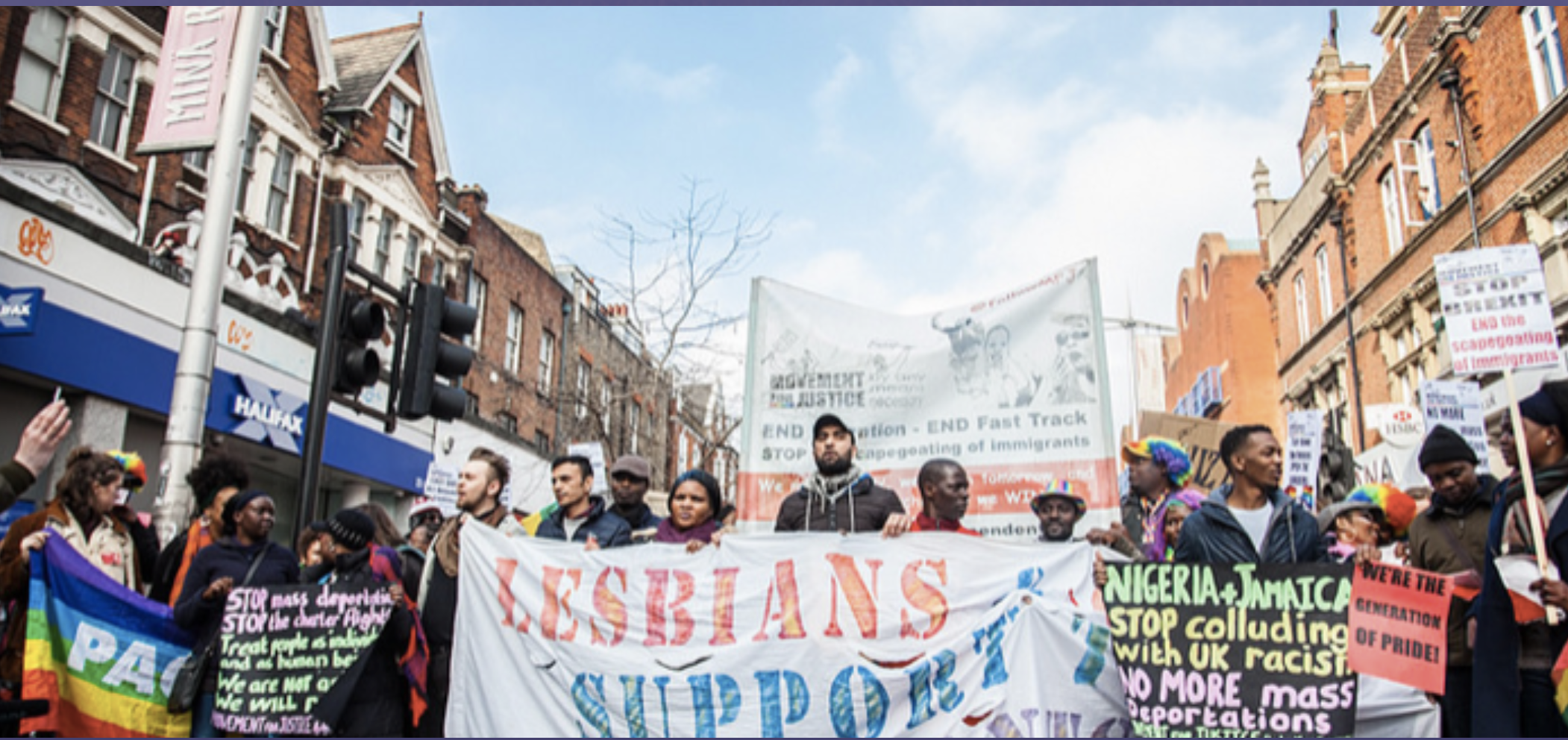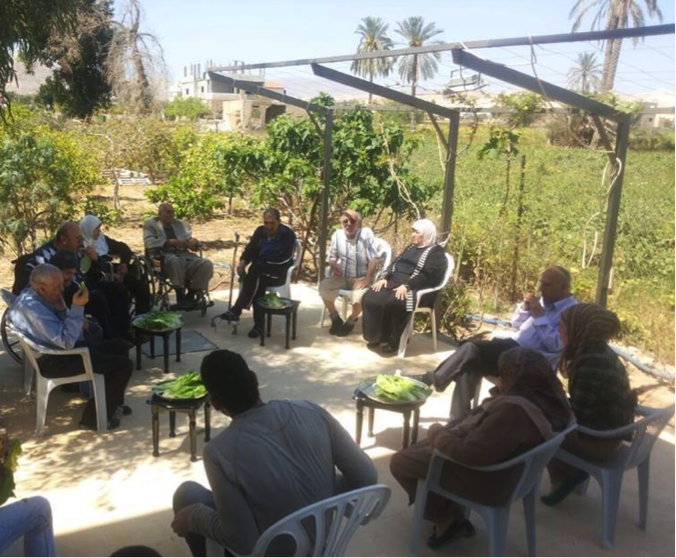Al-Rafah: A Safe Haven for the Elderly and the Marginalised in Palestine
In a region where ageism, disability, and social stigma often leave individuals without adequate protection or support, Al-Rafah Social Care stands out as a sanctuary for some of society’s most vulnerable. Founded by two Palestinian women, Ms. Khawala Alkurd and Ms. Sarah Nasser Eddin, in January 2009 in Ramallah, Al-Rafah began as a response to the growing neglect and marginalisation of elderly people in Palestine. Today, its mission has grown to include people with physical and mental disabilities and, in special cases, survivors of abuse.
The founders saw the urgent need for an initiative that does not simply provide shelter, but creates a true home where senior citizens can feel safe, respected, and loved. In their own words:
“We are aware of the vulnerability of the elderly in our community and society, so we decided to establish a home where the elderly can live with dignity and respect. We make sure our residents are comfortable and help them adjust smoothly to their environment.”
Originally launched as a safe haven for elderly people, Al-Rafah evolved over time to accommodate individuals living with Alzheimer’s, dementia, and other physical and mental health challenges—cases that require special care and that few organisations in the area are equipped to handle. Al-Rafah also provides shelter in exceptional cases for women survivors of abuse when no other safe place is available. One notable example is that of a 24-year-old woman with a physical disability who was admitted to Al-Rafah after surviving severe abuse by her father. Her story illustrates the centre’s open-door commitment to any humanitarian case in need of protection and care.
Loneliness and social isolation are among the main challenges elderly people face in all communities, which heighten feelings of vulnerability. This is why senior care homes like Al-Rafah are so crucial for well-being. Al-Rafah goes beyond physical and medical support to provide strong psychosocial and community-based support that helps residents reintegrate into society and feel less alone. The centre organises social activities that reflect residents’ health needs—such as trips to different Palestinian cities, communal celebrations on national holidays, and birthday gatherings.
Today, Al-Rafah is home to about 15 permanent residents but also cares for individuals between the ages of 24 and 94 who have no other safe shelter. Residents and guests have access to a wide range of services, including psychosocial counselling, 24-hour nursing care, physiotherapy, and healthy, organic meals.
Alongside its core mission, Al-Rafah also works to break down the social stigma often attached to elderly care homes in Palestine. The centre depends primarily on donations of food and clothing, and most residents come from disadvantaged backgrounds with limited means. While a few residents can pay for their stay—providing a modest income stream to cover some operating costs—Al-Rafah still faces constant financial pressure to pay rent, staff salaries, and utility bills. The severe lack of private and public funding for elderly care places the organisation at real risk of closure.
To keep Al-Rafah and similar sanctuaries alive, sustained support is needed from the private sector, the public sector, and the local community. As long as structural inequality and social stigma persist, safe spaces like Al-Rafah will remain not only necessary but life-saving—protecting the dignity, well-being, and rights of those too often left behind.
Reach to Us
Have questions or want to collaborate? We'd love to hear from you.




